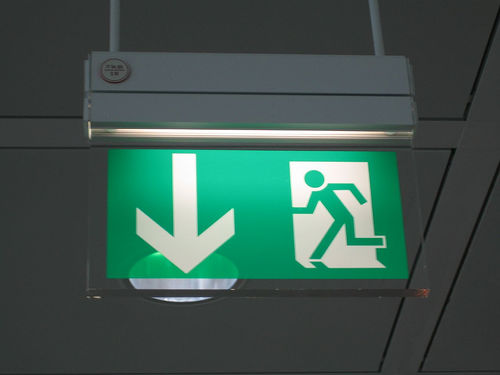Optus, Voda still lag on emergency alerts

Come next bushfire season, Telstra mobile subscribers may be the only ones to receive location-based disaster alerts when the service rolls out, as negotiations with Optus and Vodafone are ongoing.

(Munich Airport image by James and Alex BonTempo, CC BY-SA 2.0)
The new location-based alerts system builds on the existing national warning system by taking into account a user's location when sending emergency information, rather than sending a blanket alert that could endanger or cause panic to those who are safe.
Telstra, Optus and Vodafone will all need to commit to the system for it to work, and the Victorian Government is leading negotiations with all three carriers on behalf of the nation.
However, during Budget Estimates last week, the secretary of the Attorney-General's Department, Roger Wilkins, revealed that while Telstra has signed up to the system, and the technology for Telstra customers will be in place from November this year, negotiations with Optus and Vodafone have still not come to a close.
Therefore, while the existing alert systems will continue to work, when it is upgraded in November, only Telstra customers will receive the location-based alerts during an emergency.
The updated alert system is not intended to be a complete replacement, but the lack of the two other carriers will undermine its intended role to have a consistent, national approach. Until Optus and Vodafone sign on to the system and update their respective networks, their customers will have to gain emergency information from the radio or emergency services websites — or, alternatively, by asking a Telstra subscriber in the same area.